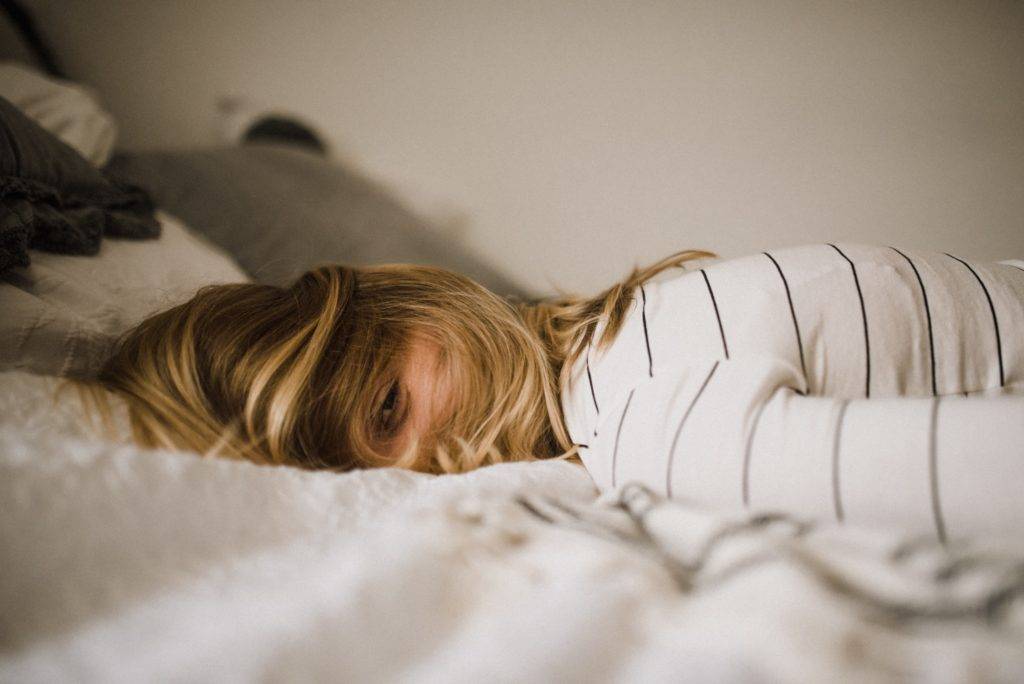If you’re one of those struggling to sleep, you’re not alone. According to the Cleveland Clinic, you can be diagnosed with any of the eighty recognized sleeping disorders. Meanwhile, over 70 million have at least one of them.
However, if you’re more restless and sleepless the past few months, perhaps you have the pandemic to blame.
The effects of coronavirus pandemic indeed go beyond economics and macro healthcare. People can also feel them as soon as they lie in bed. But how can a health crisis cause a sleeping disorder, especially insomnia?
The Causes of Coronasomnia
Although it’s not an official diagnosis, experts coin the growing sleeping disorder as coronasomnia. Many factors may be causing it:
- Sudden changes in schedules (e.g., from office to work-from-home setup)
- Extreme mental, emotional, and financial stress
- Anxiety and depression usually due to isolation
- Disruption in personal and working lives
- Excessive screen time
The lack of easy or enough access to natural light may also be a culprit. The body’s circadian rhythm responds to the light it perceives. During the daytime, sunlight triggers the release of hormones such as cortisol that help keep you alert, energetic, and focused.
When nighttime comes, cortisol levels decline while melatonin increases. This latter hormone promotes calmness and relaxation to help you prepare for good sleep.
However, the coronavirus pandemic could be forcing more families to spend more time indoors. Couple that with winter, and the amount of sunlight available further decreases.
Moreover, many studies already show that mobile devices can emit blue light that could disrupt the sleep cycle. It may be strong enough to prevent the body from producing melatonin.
How Coronasomnia Makes Poor Health Worse
In general, sleep deprivation hurts your physical health in many ways:
- It can increase the risk of low-grade chronic inflammation. This one can potentially damage your heart and even your DNA in the long-term.
- It leads to gut dysbiosis. More types of research highlight the significant role your gut microbiome plays in keeping you healthy. Unfortunately, lack of sleep can change its composition and diversity. In turn, it can threaten your well-being.
- It lowers your immune system. People who suffer from sleep problems are often prone to infections. One possible reason is that sleep deprivation can decrease the production of T cells that help mount an immune response against “invaders.”
A lack of sleep is perilous in the midst of the pandemic. COVID-19 is a novel viral infection, which means (1) it is so new the body doesn’t have any defense against it, and (2) it cannot be cured by antibiotics. Unless a person has the vaccine already, the best defense is their immune system.
Sleep deprivation can therefore decrease your arsenal against the virus. It could be much worse if you already have preexisting conditions such as hypertension, diabetes, and heart disorders. When you don’t get enough sleep, the risk of inflammation increases.
What Can Help You Sleep These Days?
The good news is sleeplessness is both manageable and treatable. The most common insomnia therapies are also likely to work for you if you’re dealing with the same problem. You can also explore other less-known but potentially effective options:
- Use CBD Oil
You can buy CBD oil for sale and apply it topically on your head or use it as an ingredient for a bath bomb or massage oil.
Some studies suggest that CBD (which doesn’t have THC that makes you high) can:
- Help reduce your feelings of depression or anxiety, which can be one of the causes of coronasomnia
- Decrease body pain, which is sometimes associated with long periods of sleep deprivation
- Promote wakefulness and increase your focus
- Invest in a Weighted Blanket
Weighted blankets provide warmth and decrease the severity of anxiety by as much as 50% compared to those who don’t use them, according to a Swedish study.
The research further revealed that these blankets could reduce daytime sleepiness and enhance the quality of sleep. Users also reported reduced feelings of fatigue. They were also over 15 times more likely to experience a remission in insomnia and maintain it by 12 months.
The team believed that the weighted blankets created sensations similar to those in massage or acupressure. In turn, they decrease the part of the nervous system that often arises during stress.
Changing your sleeping habits during this pandemic won’t be easy, but you have several options to manage it the way you want it.



Comments are closed.